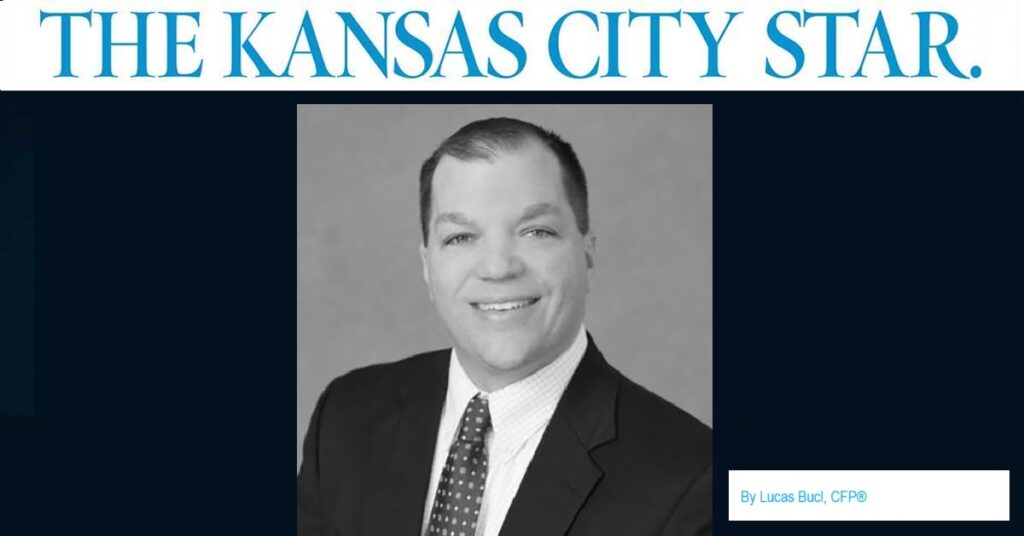
It’s the time of year when people start focusing on taxes. Tax forms have appeared in mailboxes and inboxes, and tax preparers are sending reminders to help avoid an April 15 crunch. In my work as a financial planner, people often ask what they can do to reduce their tax bill for the prior year. As few things can be done after the fact, it is better and more effective to focus on proactive tax planning.
The first few months of the year are the best time to think about strategies to optimize your tax situation for the current year. If you wait until year end or tax filing season, you may miss opportunities currently available. Here are thoughts that can help put you in a better tax position for the current year.
Review and Update Your Retirement Plan Contributions
Putting away savings in a pre-tax retirement account like a 401(k) reduces your taxable income and saves you money on taxes. It also helps put you in a better position for retirement. The contribution maximums have increased for 2024, so you can now put away up to $23,000 per year into a pre-tax employer-sponsored retirement plan. If you are age 50 or over, you can do even more, up to $30,000 per year.
Contribute to a Health Savings Account or Flexible Spending Account
The HSA and FSA are designed to help save and pay for qualifying medical expenses with pre-tax dollars. Contributions to these accounts save you money on taxes. Health Savings Accounts are exceptionally valuable for tax savings. In addition to reducing your taxable income when contributing, nearly all HSA providers allow you to invest these dollars and grow the funds tax free. If you can afford to cover your health expenses with other resources, investing in your HSA can provide a super-charged tax savings vehicle.
Review and Update Your Withholding Allowances
If you find yourself owing money at tax time, it is often because you did not withhold enough from your paychecks during the year. If your income has increased or you have income aside from your standard paycheck, adjusting your withholding allowances can help you pay the right amount. Check out the online Tax Withholding Estimator tool from the IRS to run the numbers, then complete a new Form W-4 and submit to your employer.
Ensure Your Investment Portfolio Is Tax Efficient
If you have an after-tax brokerage account, make sure the investments you own in it are tax efficient. Consider using exchange traded funds (ETFs) over mutual funds in this type of account, as they tend to kick out less taxable income. Also, look at your investment mix overall and identify the assets that kick off current income (i.e., bonds, real estate funds and dividend paying stocks). It’s helpful to locate more of these investment types in your retirement accounts instead of your brokerage account. This can help reduce the amount of current investment income on which you pay tax.
Maximize Business Tax Deductions
For people who are self-employed or have a side gig, there are often business expenses that you can write off on your taxes. Knowing what these are and keeping track of them during the year will allow you to deduct more at tax time. Expenses that are often deductible include home office expenses, business-related travel expenses, continuing education, and phone and utility costs. Talk to your tax preparer this year about additional deductions you should start tracking for next year.
Fund Your IRAs or Roth IRAs
Many people wait as late as possible to fund their Individual Retirement Arrangements (IRAs) or Roth IRAs. If you have the cash, consider funding these accounts earlier in the year. This gives the money more time to grow in the tax-advantaged account. If you do this every year, the compounding investment growth will make a significant difference over time.
As you prepare to file your taxes for last year, take a little extra time and consider some changes to put you in a better position for the current year. This will likely save you some money and put you in a better position at this time next year.
Read the article in The Kansas City Star.
Lucas Bucl is a CERTIFIED FINANCIAL PLANNER professional and a shareholder at Aspyre Wealth Partners. He is also a member of the Financial Planning Association of the Greater Kansas City Area.
